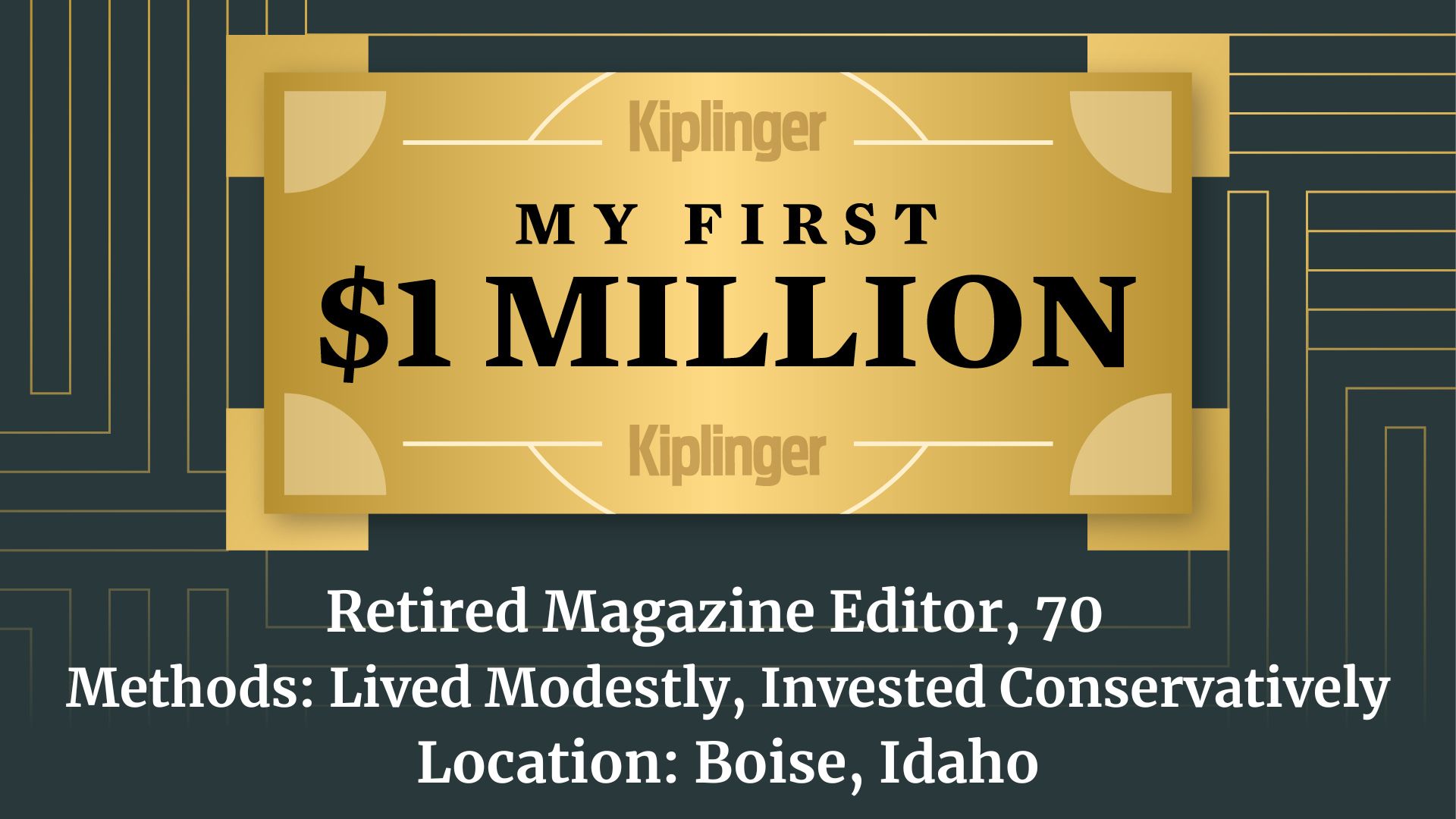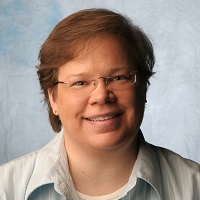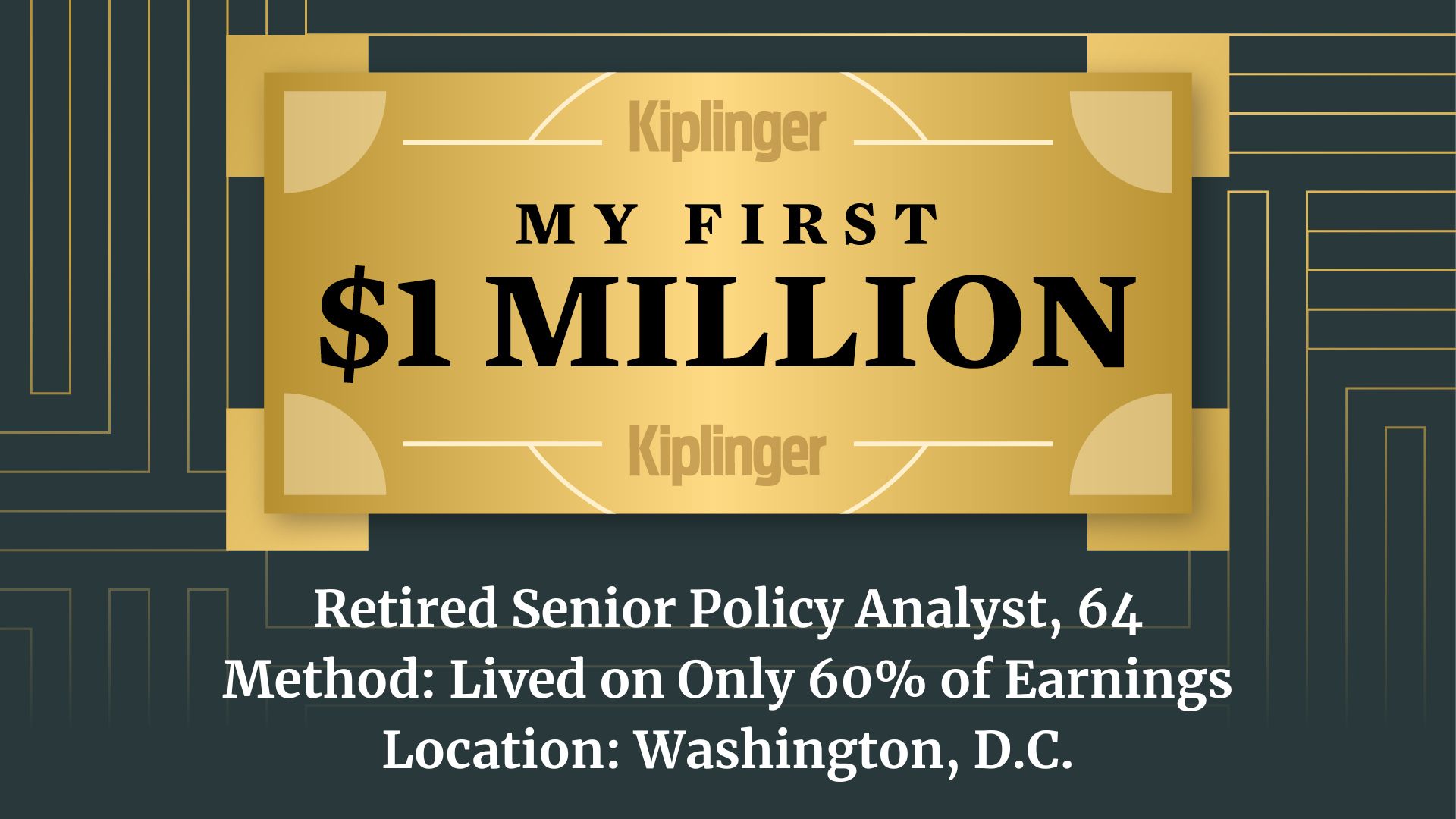My First $1 Million: Retired Magazine Editor, 70, Boise, Idaho
"I bought unopened boxes of the original series of Pokémon cards, held on to them and paid off the house when I retired 20 years later."


Profit and prosper with the best of Kiplinger's advice on investing, taxes, retirement, personal finance and much more. Delivered daily. Enter your email in the box and click Sign Me Up.
You are now subscribed
Your newsletter sign-up was successful
Want to add more newsletters?
Welcome to Kiplinger's My First $1 Million series, in which we hear from people who have made $1 million. They're sharing how they did it and what they're doing with it. This time, we hear from a 70-year-old married and retired magazine editor for dairy farming who now lives in Boise, Idaho. He and his wife have been married for 48 years.
See our earlier profiles, including a writer in New England, a literacy interventionist in Colorado, a semiretired entrepreneur in Nashville and an events industry CEO in Northern New Jersey. (See all of the profiles here.)
Each profile features one person or couple, who will always be completely anonymous to readers, answering questions to help our readers learn from their experience.
From just $107.88 $24.99 for Kiplinger Personal Finance
Become a smarter, better informed investor. Subscribe from just $107.88 $24.99, plus get up to 4 Special Issues

Sign up for Kiplinger’s Free Newsletters
Profit and prosper with the best of expert advice on investing, taxes, retirement, personal finance and more - straight to your e-mail.
Profit and prosper with the best of expert advice - straight to your e-mail.
These features are intended to provide a window into how different people build their savings — they're not intended to provide financial advice.
THE BASICS
How did you make your first $1 million?
My wife and I made our first $1 million the very unglamorous way: work for paychecks, live modestly, invest conservatively, take advantage of 401(k) matching.
There was a small inheritance along the way that changed our lives disproportionately more than the amount would suggest, and a bigger one (but modest-ish) later that we still have some of.

The biggest thing we did right was marrying well. Not in terms of money, but that we both have the same mindset about money. We are both savers by nature rather than spenders.
We both understand the difference between "want" and "need." We both believe in buying decent-quality products and then taking care of them.
We have always believed in two big financial philosophies:
- First, "just because you have it doesn't mean you need to spend it." Adult toys, new cars and extravagant trips were never priorities.
- Second, "debt is a dangerous four-letter word."
Admittedly, we were fortunate to live in Southern California and managed to buy our first small home at age 22. It started the real estate equity snowball rolling.
We also got involved as tiny partners in a real estate investment group made up of the owners and other employees at my first job out of college. As the saying goes, if a property's sale price has enough zeros, then even the tiny partners get big checks.
What are you doing with the money?
We reached $1 million of investable assets in 2014 and are doing the same thing with them that we have always done: invest in conservative, diversified stocks and bonds.
My one wild and crazy investment was in 1999-2000 — I bought a few dozen unopened boxes of the original series of Pokémon cards.

I held on to them and paid off the house when I retired 20 years later. The return on that investment yielded a larger percentage return than anything else we have done.
I entered retirement 100% debt-free, and it is how we have lived ever since.
THE FUN STUFF
Did you do anything to celebrate?
I think we went to Baskin-Robbins for a celebratory ice cream cone. Seriously, it was no big deal, just a number.
Once the inertia began going in the direction of "two commas," it was an inevitable event. I even told my wife when it would happen — it turned out I underestimated by two months.

Does anyone know you're a millionaire?
I don't think so.
What is the best part of making $1 million?
Personal satisfaction, by far.
Did your life change?
Not in the least.
Did you retire early?
I retired the week I turned 64, which was four years after I believed I could and three years after I gave my boss a heads-up that I was more than just thinking about it.
LOOKING BACK
Anything you would do differently?
Not buy the rental house in the town where our daughter was going to college. I had a strong sense at the time that it was a bad idea, but I was outvoted 2-1.
Did you work with a financial adviser?
We've had a couple, but have been with the current one (Scott Stevens at Northwestern Mutual Insurance) since we moved to Boise 14 years ago.
Did anyone help you early on?
My dad somewhat, but I've been financially smarter than he was.
LOOKING AHEAD
Plans for your next $1 million?
I don't care if there is a next million. It's not a goal. We have more than we need from two Social Security payments and two small pensions.
But it's semi-inevitable to happen if we live long enough. That inertia, you see, is still happening.
Any advice for others trying to make their first $1 million?
Always stay focused on the reality that the process is a marathon, not a sprint. As long as you're moving ahead — even if it's slow at times — it's still making progress.

Marry someone with a financial attitude like yours, someone who wants to work and contribute to the financial process.
Save. Never lose sight of the difference between "want" and "need."
Don't try to keep up with the Joneses or anyone else. Live your life.
And pay off all debt, especially as you approach retirement.
Living below one's means and embracing the idea of "I have enough" really adds up over time. And the feeling that goes with being debt-free is simply impossible to grasp intellectually.
"Yeah, sure, I bet it's wonderful" is what most people will say about the concept. But you have to get there to understand all the ways that it feels. The world — and life — literally look different.
Do you have an estate plan?
Yes, we do, in the form of a revocable family trust. Plus, wills, powers of attorney, medical directives, beneficiaries, etc.
What do you wish you'd known when you first started saving and investing?
Nothing really. I became interested in the big picture of stocks, markets, investing and personal finance back in the sixth grade, so there was a lot of learning by absorption that went on as I grew up.

And being a journalist, I was always reading, watching and listening. I also worked for and among multimillionaires my whole career, so I identified what made sense and seemed possible for me on a smaller scale.
Mostly, I learned that I didn't want to live a life of excess and extravagance like many of them did. And trust your instincts.
If you have made $1 million or more and would like to be anonymously featured in a future My First $1 Million profile, please fill out and submit this Google Form or send an email to MyFirstMillion@futurenet.com to receive the questions. We welcome all stories that add up to $1 million or more in your accounts, although we will use discretion in which stories we choose to publish, to ensure we share a diversity of experiences. We also might want to verify that you really do have $1 million. Your answers may be edited for clarity.
RELATED CONTENT
- You're 62 Years Old With $1 Million Saved: Can You Retire?
- Want to Earn $1 Million More Over Your Lifetime? Do This
- Do You Have at Least $1 Million in Tax-Deferred Investments?
- Are You Rich? U.S. Net Worth Percentiles Can Provide Answers
- Compare Your Net Worth by Age
Profit and prosper with the best of Kiplinger's advice on investing, taxes, retirement, personal finance and much more. Delivered daily. Enter your email in the box and click Sign Me Up.

As Contributed Content Editor for the Adviser Intel channel on Kiplinger.com, Joyce edits articles from hundreds of financial experts about retirement planning strategies, including estate planning, taxes, personal finance, investing, charitable giving and more. She has more than 30 years of editing experience in business and features news, including 15 years in the Money section at USA Today.
-
 Thinking of Switching Phone Carriers? Do These 8 Things First
Thinking of Switching Phone Carriers? Do These 8 Things FirstSwitching carriers is easier than ever, but overlooking the fine print could cost you. Here’s what to check before you make the move.
-
 Samsung Galaxy S26 Ultra: What to Know Before You Upgrade
Samsung Galaxy S26 Ultra: What to Know Before You UpgradeThe Galaxy S26 Ultra brings new features and strong launch deals, but whether it’s worth upgrading depends on what you already own.
-
 Nasdaq Soars Ahead of Nvidia Earnings: Stock Market Today
Nasdaq Soars Ahead of Nvidia Earnings: Stock Market TodayWednesday's risk-on session was sparked by strong gains in tech stocks and several crypto-related names.
-
 What Is an Assumable Mortgage and Could It Save You Thousands?
What Is an Assumable Mortgage and Could It Save You Thousands?With mortgage rates still elevated, taking over a seller’s existing home loan could lower monthly payments — if the numbers work.
-
 Have You Fallen Into the High-Earning Trap? This Is How to Escape
Have You Fallen Into the High-Earning Trap? This Is How to EscapeHigh income is a gift, but it can pull you into higher spending, undisciplined investing and overreliance on future earnings. These actionable steps will help you escape the trap.
-
 I'm a Financial Adviser: These 3 Questions Can Help You Navigate a Noisy Year With Financial Clarity
I'm a Financial Adviser: These 3 Questions Can Help You Navigate a Noisy Year With Financial ClarityThe key is to resist focusing only on the markets. Instead, when making financial decisions, think about your values and what matters the most to you.
-
 Where Olympians Store Their Medals is a Great Lesson For Your Valuables and Cash
Where Olympians Store Their Medals is a Great Lesson For Your Valuables and CashWhat you can learn about protecting your cash and values from where Olympians store their medals.
-
 An Executive's 'Idiotic' Idea: Skip Safety Class and Commit a Federal Crime
An Executive's 'Idiotic' Idea: Skip Safety Class and Commit a Federal CrimeSeveral medical professionals reached out to say that one of their bosses suggested committing a crime to fulfill OSHA requirements. What's an employee to do?
-
 How You Can Use the Financial Resource Built Into Your Home to Help With Your Long-Term Goals
How You Can Use the Financial Resource Built Into Your Home to Help With Your Long-Term GoalsHomeowners are increasingly using their home equity, through products like HELOCs and home equity loans, as a financial resource for managing debt, funding renovations and more.
-
 How to Find Free Money for Graduate School as Federal Loans Tighten in 2026
How to Find Free Money for Graduate School as Federal Loans Tighten in 2026Starting July 1, federal borrowing will be capped for new graduate students, making scholarships and other forms of "free money" vital. Here's what to know.
-
 My First $1 Million: Retired Senior Policy Analyst, 64, Washington, D.C.
My First $1 Million: Retired Senior Policy Analyst, 64, Washington, D.C.Ever wonder how someone who's made a million dollars or more did it? Kiplinger's My First $1 Million series uncovers the answers.